Unifor Sounds Alarm As Stellantis Steps Up U.S. Investments
Union Warns Canadian Auto Jobs Are At Risk After $13 Billion U.S. Expansion
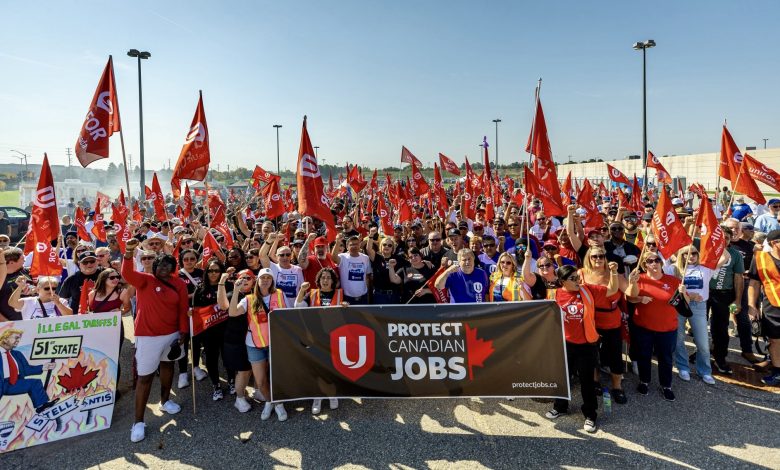
The debate over North American auto production is heating up again—this time north of the border. Following Stellantis’ $13 billion investment announcement to expand manufacturing in the United States, Unifor, Canada’s largest private-sector union, is calling on Ottawa and Queen’s Park to act immediately to defend Canadian auto jobs—especially those at risk in Brampton, Ontario.
The automaker’s plan will boost U.S. production by 50% over the next four years, reopening and expanding several key facilities, including the Belvidere Assembly Plant in Illinois, which is slated to build future Jeep® Compass (J4U) and Cherokee (KM) models. The next-generation Compass had originally been promised to the Brampton Assembly Plant, which has been idled since February amid tariff disputes and a delayed retooling program.
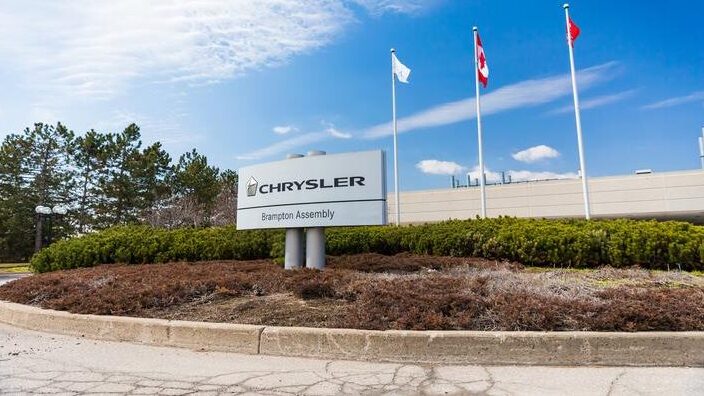
Unifor President Lana Payne says the move represents a direct threat to Canadian auto manufacturing.
“Canadian auto jobs are being sacrificed on the Trump altar,” Payne said. “We need the federal government to use Canada’s leverage now to fight for our auto jobs. Stellantis cannot be allowed to renege on its commitments to Canadian workers, and governments cannot stand by while our jobs are shifted to the United States. Saving Brampton Assembly must now be this country’s top priority.”
A Major Shift in Stellantis’ North American Footprint –

Stellantis’ latest move is being billed as its largest single U.S. investment in a century, creating roughly 5,000 new American jobs across Illinois, Ohio, Michigan, and Indiana. Among the highlights are two new Jeep vehicles slated for production at Belvidere, a new Ram midsize truck for Toledo, and an all-new range-extended SUV for Warren, Michigan.
The company’s Brampton Assembly Plant, meanwhile, sits in limbo. Stellantis had previously committed to retooling it for new electrified products under a deal struck with Unifor in 2022. That commitment was paused earlier this year after the Trump administration’s 25% tariff on Canadian-built vehicles imported into the U.S. went into effect—putting cross-border manufacturing plans on shaky ground.
Union Leaders Push Back –
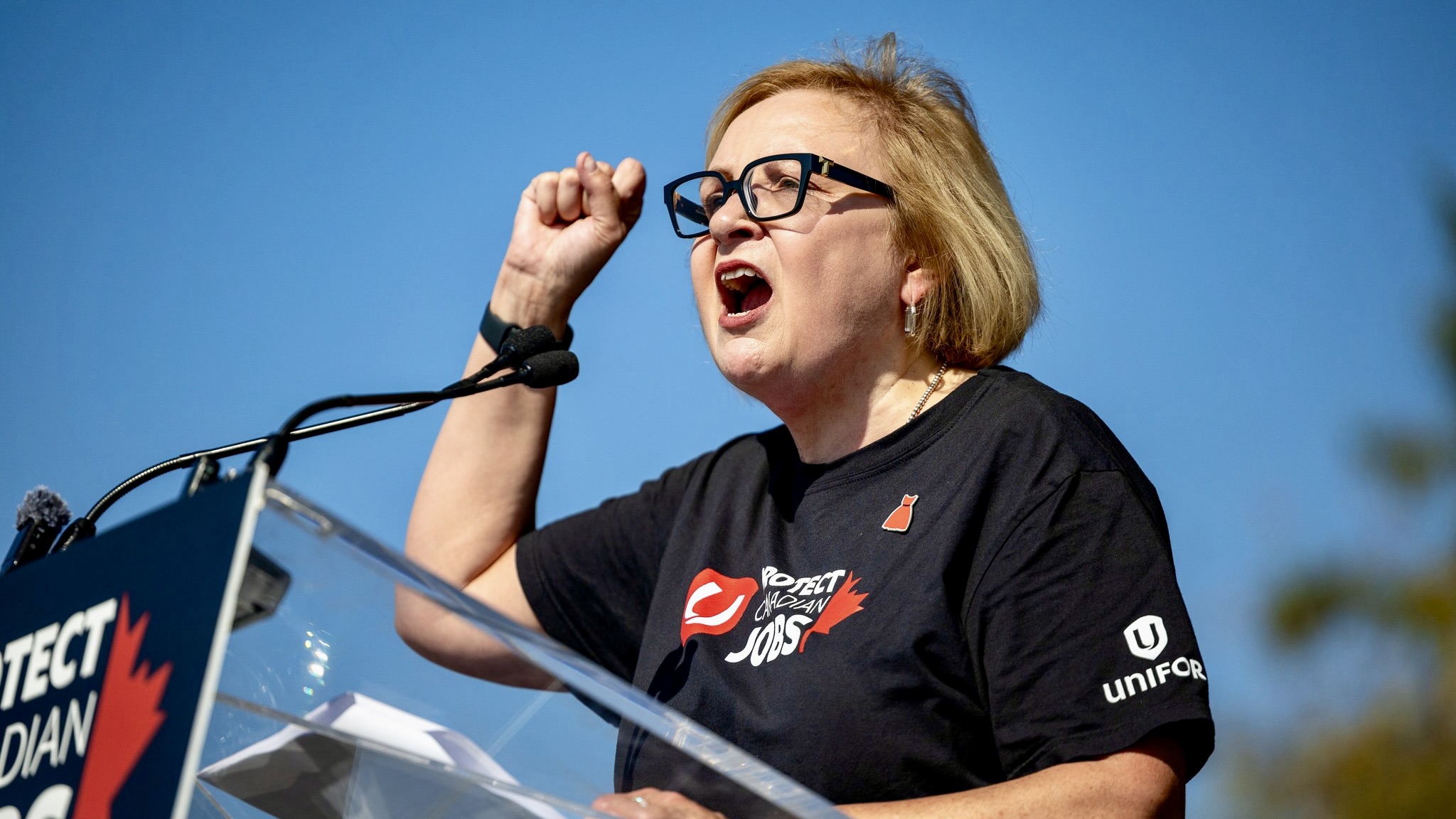
For Unifor, this announcement is a breaking point. The union insists Stellantis must honor its prior commitments to the Brampton workforce and warns that Canada cannot afford to lose another major assembly operation.
“Stellantis made a commitment to Brampton autoworkers, to our federal and provincial governments, to our communities, and to this country,” said Vito Beato, Vice Chair of the Unifor–Stellantis bargaining committee and President of Unifor Local 1285, which represents Brampton Assembly workers. “We intend to hold Stellantis to everything it promised.”
Union officials say they will use every tool available—including legal, political, and public campaigns—to pressure both Stellantis and Canadian officials. Payne says Ottawa must coordinate closely with Ontario Premier Doug Ford to ensure the Brampton facility remains part of Stellantis’ long-term product strategy.
“Our governments must, right now, demand that vehicle investment is retained in Brampton and use every lever of influence at their disposal to protect these Canadian jobs,” Payne added.
Mounting Pressure on Ottawa and Queen’s Park –
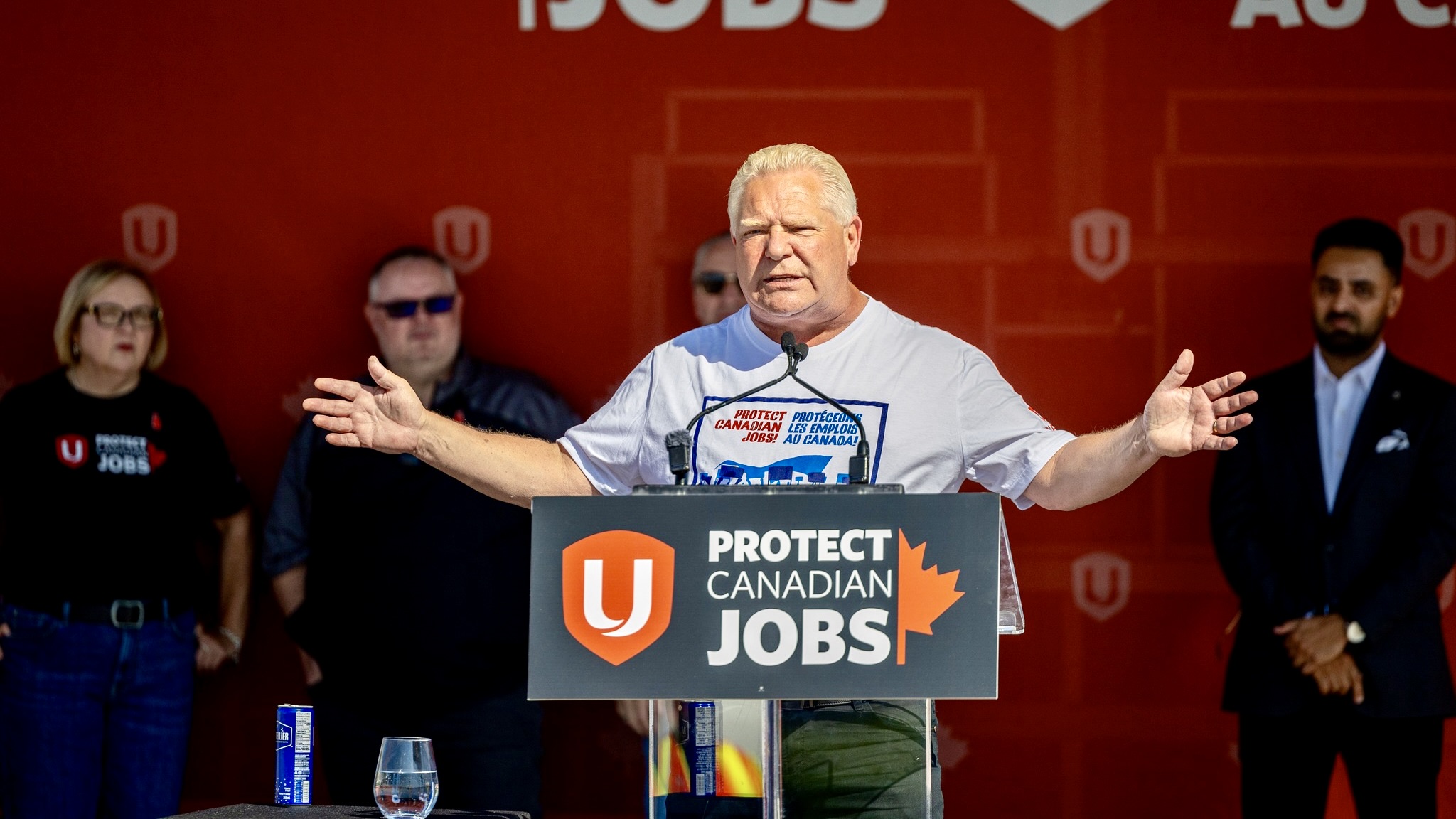
Unifor’s leadership team met with Premier Ford just days before Stellantis’ U.S. announcement to discuss how to respond to escalating trade tensions with Washington. The union says Canada must develop a “Team Canada” strategy—a unified approach combining federal, provincial, and industry influence—to ensure the country doesn’t lose ground in the automotive sector.
Payne argues that Canada holds strong bargaining power through its exports of steel, aluminum, and energy, all of which are vital to the U.S. economy.
“You don’t sell out one sector for another,” she said. “You can’t cut side deals on energy, steel, or aluminum—the very materials the U.S. needs. If we give away that leverage, we won’t have any left.”
The union is calling for a coordinated federal response plan to protect the 500,000 Canadian jobs directly or indirectly tied to the auto manufacturing industry.
U.S. Policy Pressure –

Adding fuel to the fire, U.S. Commerce Secretary Howard Lutnick recently stated that the Trump administration’s goal is to “end vehicle assembly in Canada and move those jobs south.” The comment, widely reported in Canadian media, sent shockwaves through the country’s auto sector.
Unifor says that statement underscores the importance of a swift and unified Canadian strategy. “Targeted Canadian industries are already experiencing the financial impact and job losses due to Trump’s sustained attacks,” Payne said. “Ever since this tariff war began, governments promised—consistently—that they would defend the auto industry in this country. Our union expects a thorough and decisive government response plan to retain auto jobs in Brampton, and to roll out the industrial strategies needed to defend the entire manufacturing industry in Canada.”
What Comes Next –
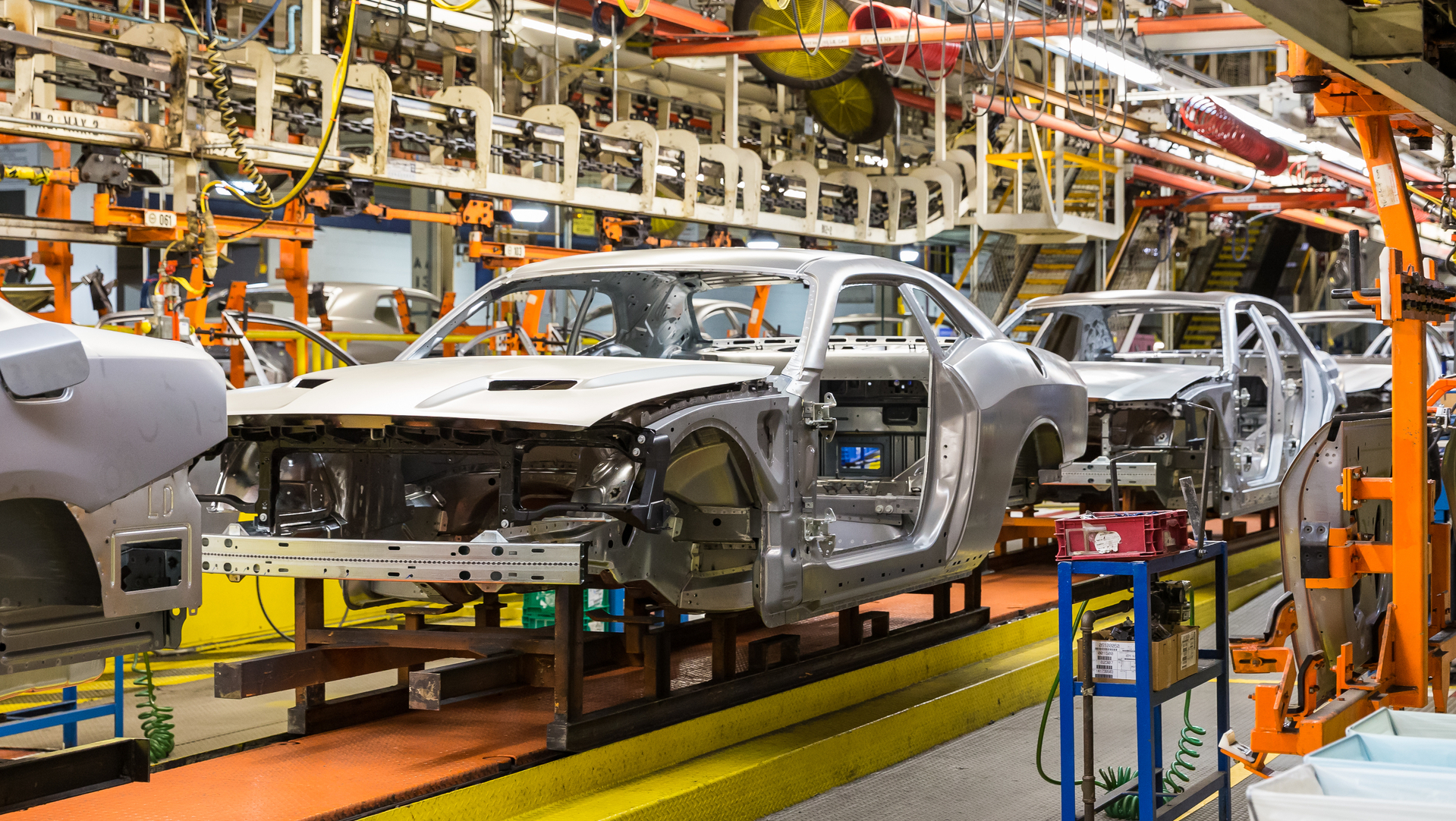
The Brampton Assembly Plant employs thousands of Unifor members and supports countless suppliers across Ontario. If the retooling remains paused indefinitely, it could mark a significant step backward for Canada’s automotive industry.



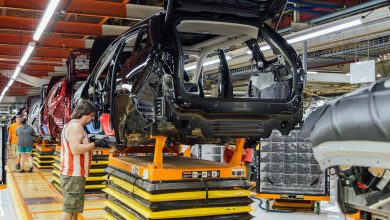
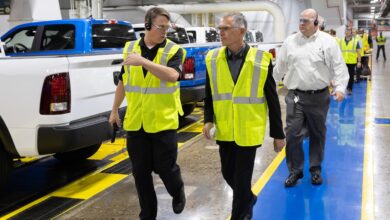
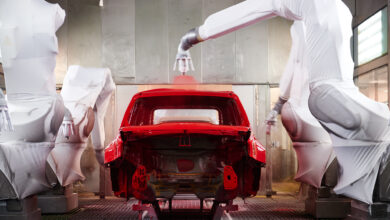
3 replies
Loading new replies...
Join the full discussion at the Mopar Insiders Forum →